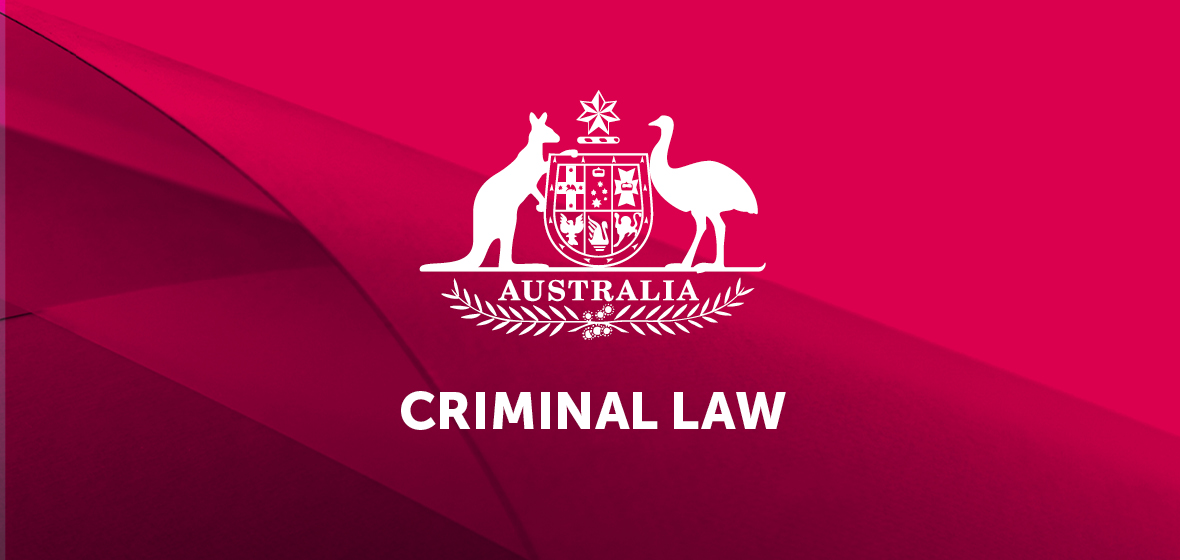Key decisions
- Mitreski v R [2015] NSWCCA 137
- Director of Public Prosecutions (NSW) v Armstrong [2015] NSWSC 873
- R v De Leeuw [2015] NSWCCA 183; R v Porte [2015] NSWCCA 174
Mitreski v R [2015] NSWCCA 137
In a (comparatively rare) unanimous joint judgment, the Court of Criminal Appeal (CCA) has confirmed that the test for special circumstances is: there is no test for special circumstances.
Mitreski was sentenced for six drug offences, with four related offences taken into account on a Form 1. He was sentenced to 4 years and 4 months imprisonment with a non-parole period of 3 years and 3 months. The eagle-eyed (and mathematically-minded) reader will have noticed that this exactly conforms to the statutory ratio in s 44(2) of the Crimes (Sentencing Procedure) Act: the non-parole period is to be 75 per cent of the overall sentence unless there are ‘special circumstances’.
Mitreski appealed on the sole basis that special circumstances should have been found in the District Court but were not. He argued there were features of his subjective case that could have, and ought to have, justified a finding of special circumstances.
The CCA (Ward JA, Johnson J and Garling J, in a joint judgment) found that there was no basis for intervening. They pointed out that the term ‘special circumstances’ has attracted overly frequent judicial scrutiny, but the CCA has always resisted attempts to restrict what can or should be taken into account and ‘… the past authorities of this Court have emphasised the breadth of the phrase “special circumstances”, and have avoided any narrowness of interpretation, and have not adopted any “test” which an offender needs to comply with before the Court can find special circumstances’ (at [62]). The mere presence of circumstances capable of constituting special circumstances is not sufficient to compel such a finding (at [57]).
Apart from its explicit disavowal of any actual test for what are special circumstances, Mitreski does not break new ground. It does however reemphasise the ongoing need for practitioners to give attention to all of the factors which are relevant to a finding that an offender needs a longer than normal period on parole. The approach of simply pointing to a single factor (eg ‘first time in custody’, or ‘drug addiction’) and expecting the finding to be made could be thought to be risky, unpersuasive, and probably contrary to authority.




